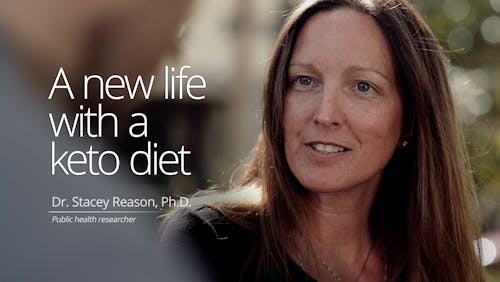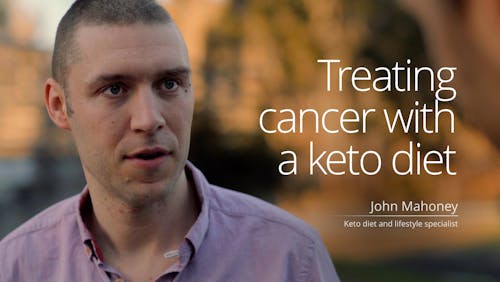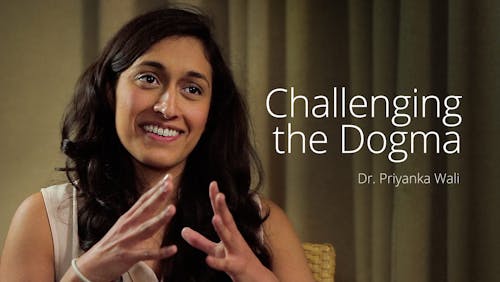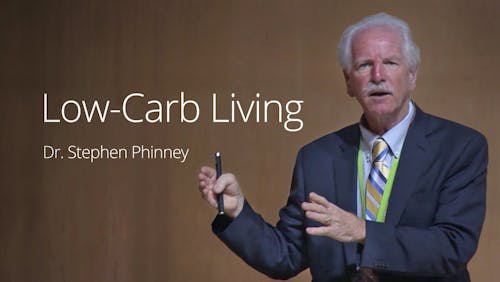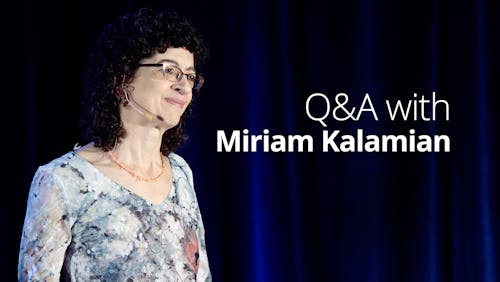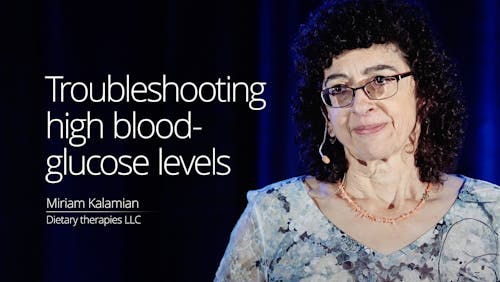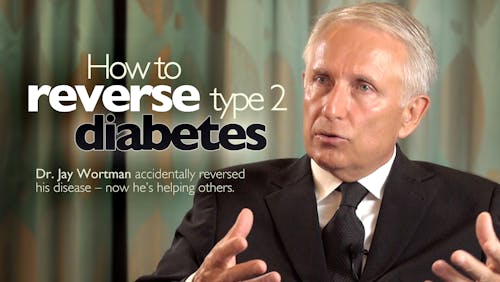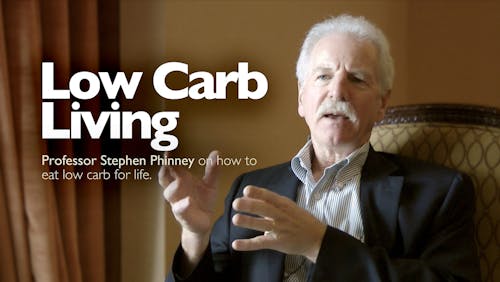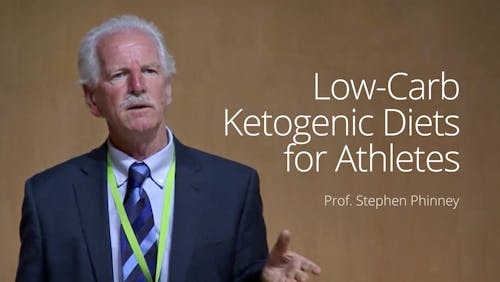New JAMA article discusses benefits of keto diet but warns it may be risky long term

Is there no such thing as bad press?
The prestigious medical journal JAMA published a “Patient page” on the ketogenic diet to help patients understand its potential benefits and concerns. It starts off as a non-judgmental description of what to eat and what not to eat. The authors accurately describe the potential symptoms of the “keto flu” over the first two weeks.
Although they accurately describe keto diets as having less than 5% of calories from carbohydrates, they then refer to studies suggesting low-carb diets may be linked to increased mortality. But they fail to mention that these studies defined “low carb” as containing 40% of calories from carbs, not 5%. Simple oversight, perhaps?
But here is the kicker:
Over the long term, a diet in which only 5% of total calories come from carbohydrates makes it impossible to obtain optimum amounts of antioxidant phytonutrients from fruits and vegetables.
This is news to me. Is there a defined “optimum amount” of antioxidant phytonutrients? I would love to see studies showing that people who eat whole foods and eliminate refined starches and sugars require a high level of phytonutrients. That data does not exist. But now, any patient who reads this may feel they are at grave risk of dying of a phytonutrient deficiency. If any doctors have seen this apparently common disease process, please let me know.
Last, keto diets are not by definition low-vegetable diets. We have a visual guide to help you understand the almost limitless amount of low-carb veggies full of phytonutrients that you can eat on a keto diet. Whether or not you actually need those phytonutrients is unproven and unknown. But if you want veggies for other reasons, go for it!
Thanks for reading,
Bret Scher, MD FACC
Earlier
Op-ed: Mislabelling a diet “low-carb” is dangerous
It’s time for more keto research
Nutrition research is hard. But is that an excuse to not do it well?




